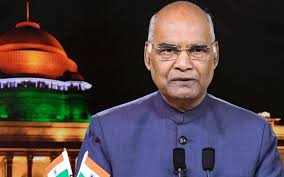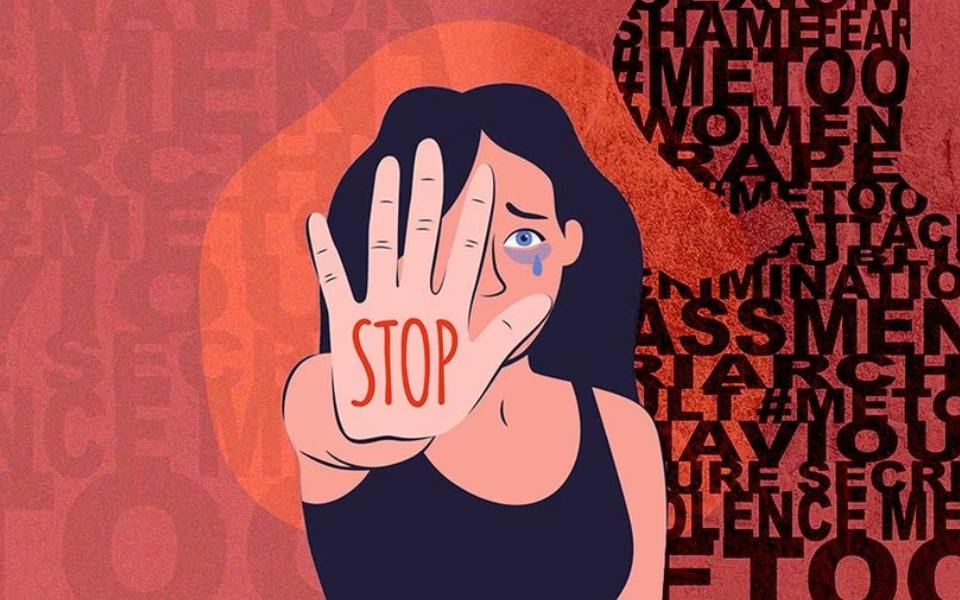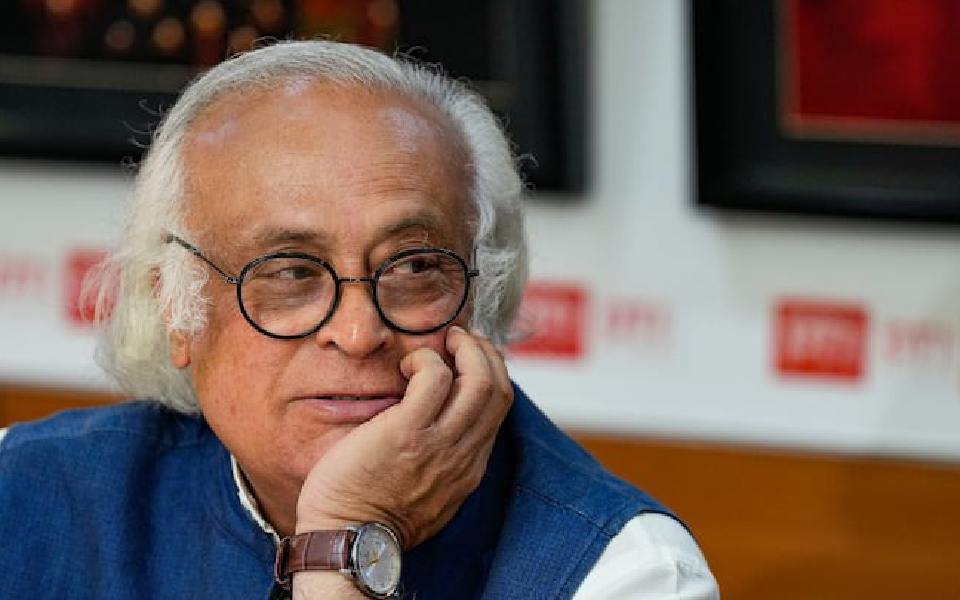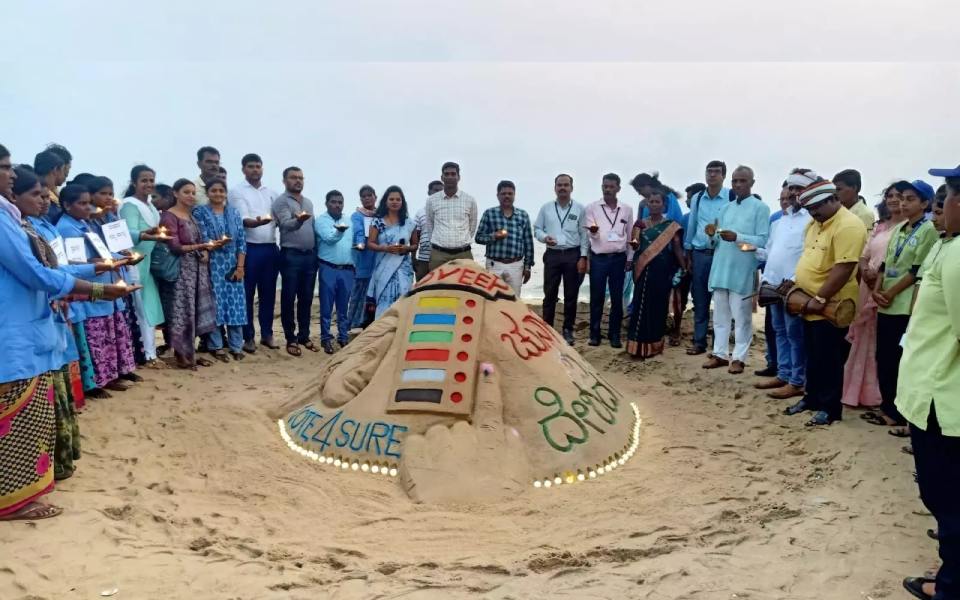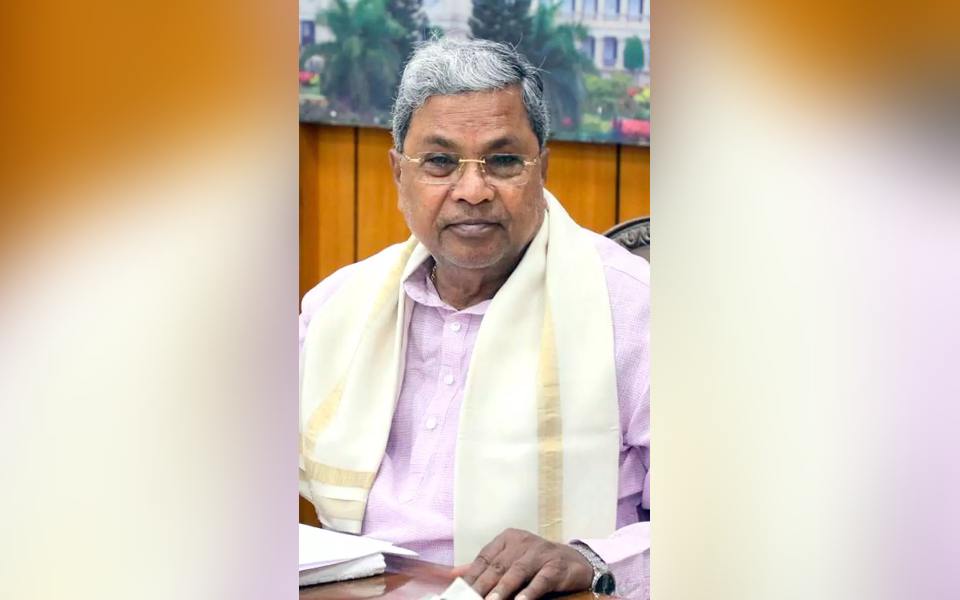New Delhi: As the coronavirus pandemic ravages human lives and economies across the world, Lord Buddha's message of shunning vices like hatred and violence to find happiness serves like a beacon, President Ram Nath Kovind said on Saturday.
"We all know that the moment the virulence of coronavirus slows down, we have a far more serious challenge of climate change before us," he said at a virtual event organised by the International Buddhist Confederation at Rashtrapati Bhavan. President said the world seems full of suffering, in short term as well as in long term.
"There are many stories of kings and affluent people suffering from acute depression who took refuge in Buddha to escape cruelties of life," the president said. He said the life of Buddha challenges earlier convictions as he believed in finding deliverance from suffering in the midst of this imperfect world.
"Today, as the pandemic ravages human lives and economies across the globe, Buddha's message serves like a beacon. He advised people to shun greed, hatred, violence, jealousy and many other vices to find happiness. Contrast this message with the hankering of an unrepentant mankind indulging in the same old violence and degradation of nature," President said.
The president said that India is proud of being the land of the origin of 'Dhamma'. "In India, we see Buddhism as a fresh expression of the sublime truth," he said at the event organised on the occasion of the Dharma Chakra Diwas.
President said Lord Buddha's enlightenment and subsequent preaching by him for over four decades were in line with India's tradition of respect for intellectual liberalism and spiritual diversity. In modern times, two exceptionally great Indians, Mahatma Gandhi and Babasaheb Ambedkar, found inspiration in the words of the Buddha and went on to shape the destiny of the nation, he said.
"Following in their footsteps, we should strive to hear the call of the Buddha, to respond to his invitation to walk the noble path," the president said. The International Buddhist Confederation or IBC, with its presence in 36 countries, is holding the celebrations around the world.
"We, however, are in the midst of a virulent pandemic that has overwhelmed the entire humanity. Perhaps no part of the world remains untouched by this calamity that adversely affects every individual. As a precaution, we have to follow certain discipline and maintain physical distance," he said.
The IBC is, therefore, holding the events virtually, Kovind said, adding that such an effort is praiseworthy, because this makes it possible for a far larger number of people, from all corners of the world, to participate in them. "The world has suffered much this year, and I sincerely wish that this sacred day heralds a new ray of hope and grants a glimpse of happiness. I also pray that it lights the lamp of wisdom in the heart of everyone," the president concluded.
Let the Truth be known. If you read VB and like VB, please be a VB Supporter and Help us deliver the Truth to one and all.
Prime Minister Narendra Modi invoked “Nari Shakti” during the ‘Azadi Ka Amrit Mahotsav’ in 2022. Now, Bahutva Karnataka in collaboration with Naveddu Nilladiddare Karnataka, has announced the release of "Nari Shakti: Myth and Reality", a report on the status of women under the Modi government.
"Nari Shakti: Myth and Reality" looks into the status of women in India over the past decade, focusing on five primary areas: violence against women, women’s rights, dignity and agency, economic empowerment, social empowerment, and political representation. Drawing upon credible data, including government sources, the report examines the ground realities faced by women against the backdrop of the prevailing rhetoric.
“The objective of the report is to use this information to hold those in power accountable and to inform public opinion as they make an informed choice in the ongoing general elections. Bahutva Karnataka in collaboration with Naveddu Nilladiddare Karnataka encourages all parties, in power or otherwise, to take note of these report cards and respond to the same,” the report added.
The report notes with concern that crimes against women and sexual violence have increased in the last decade. Analysing fund usage under the Nirbhaya Fund, a critical initiative for improving women’s safety, the report highlights how key schemes have been underfunded, undermining women’s security in India. The report also presents concrete instances of violence against women. Despite its public utterances regarding women’s safety, the Government has not only refrained from condemning the violence, remaining mute spectators as in the case of Manipur, but in many instances, it appears to have condoned the violence, especially when the accused have been political leaders from their own party or the victims have been from minority or Dalit communities.
“Various new laws such as UCC, Triple Talaq, Criminal Laws, Anti-conversion Laws seem to be driven by motives other than that of gender justice and and some of them are becoming tools that can be used to legitimize moral policing by vigilante groups and the State while infantilizing women and depriving them of any agency,” the report notes.
“The performance of the government on the front of “economic empowerment” too has proved to be abysmal the reports states. Analysing data related to female LFPR (Labour Force Participation Rate) and employment generating schemes like MNREGA and NRLM or schemes for financial inclusion like Pradhan Mantri Dhan Jan Yojana and Mudra it seems clear that none of these have led to any substantial degree of economic empowerment for the rural and urban power women. On the other hand it is clear that unorganized/informal work areas dominated by women like that of ASHA workers continues to be devalued and undervalued by casting it within the framework of care work, domestic work and voluntary work,” it added.
The report analyses through the gender lens some of the flagship schemes introduced as part of the BJP’s commitment to “Women’s Empowerment and Welfare”. One primary finding is that the big picture seems to be missing in several of these schemes such as SBA, PMUY, and PMMY where the metrics being quoted as signs of success do not give an honest representation of the scheme’s impact or success. Looking at CAG and other related reports the report concludes that while the media advocacy on the issues have undoubtedly yielded some favourable results in terms of improved sex ratios this seems to have fed more into image building of the government at the cost of long term structural and institutional transformations in the lives of the women who are supposed to be the “beneficiaries” of the schemes.
Finally the report examines the performance of the Government on the issue of political empowerment looking particularly at the Women’s Reservation Bill apart from the ways in which women in politics are treated. The report concludes that while the Women’s Reservation Bill might seek to guarantee women’s equal and fair representation in politics at some imaginary point in the future, what is lacking in the present is the political will to establish institutional arrangements and an inclusive climate that will enable women across communities to act independently without depending on tokenism and patriarchal patronage.
The speakers who responded to the report included: Diana Kh, a concerned activist from Manipur who spoke about what is happening to women from diverse communities in the context of an ongoing conflict and the Centre’s frightening indifference, Nasreen Mithai from the BMMA spoke about how the ruling party projected itself as the savior of Muslim women appropriating their efforts to bring about transformation from within even while it continued to target Muslim women and men; Vijayakumari a former ASHA worker spoke about the immense contribution of the “voluntary” health workers to rural health and especially during the COVID crisis who still continue to struggle for basic education and health for their own children K.S. Vimala from AIDWA, India who spoke about the history of women’s struggle for political empowerment and how they felt totally totally short changed by the Ruling party on the women’s reservation Bill that is problematic at so many different levels.

